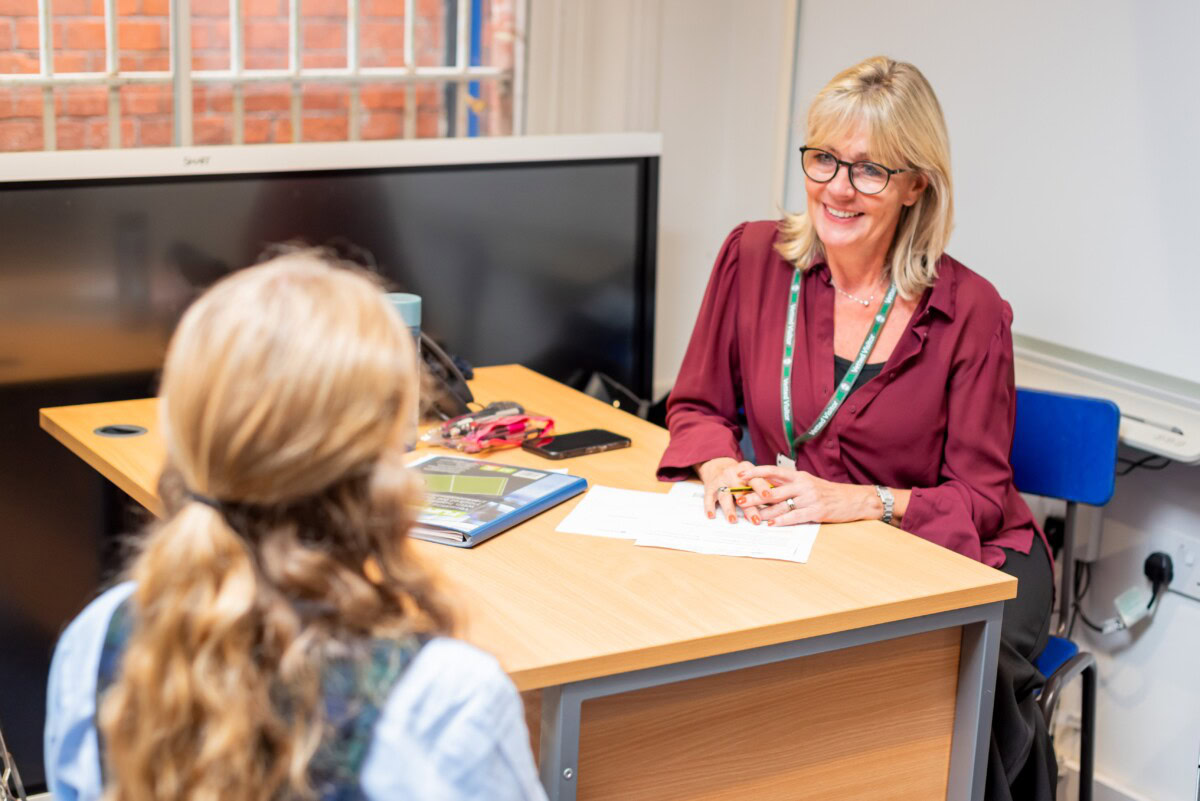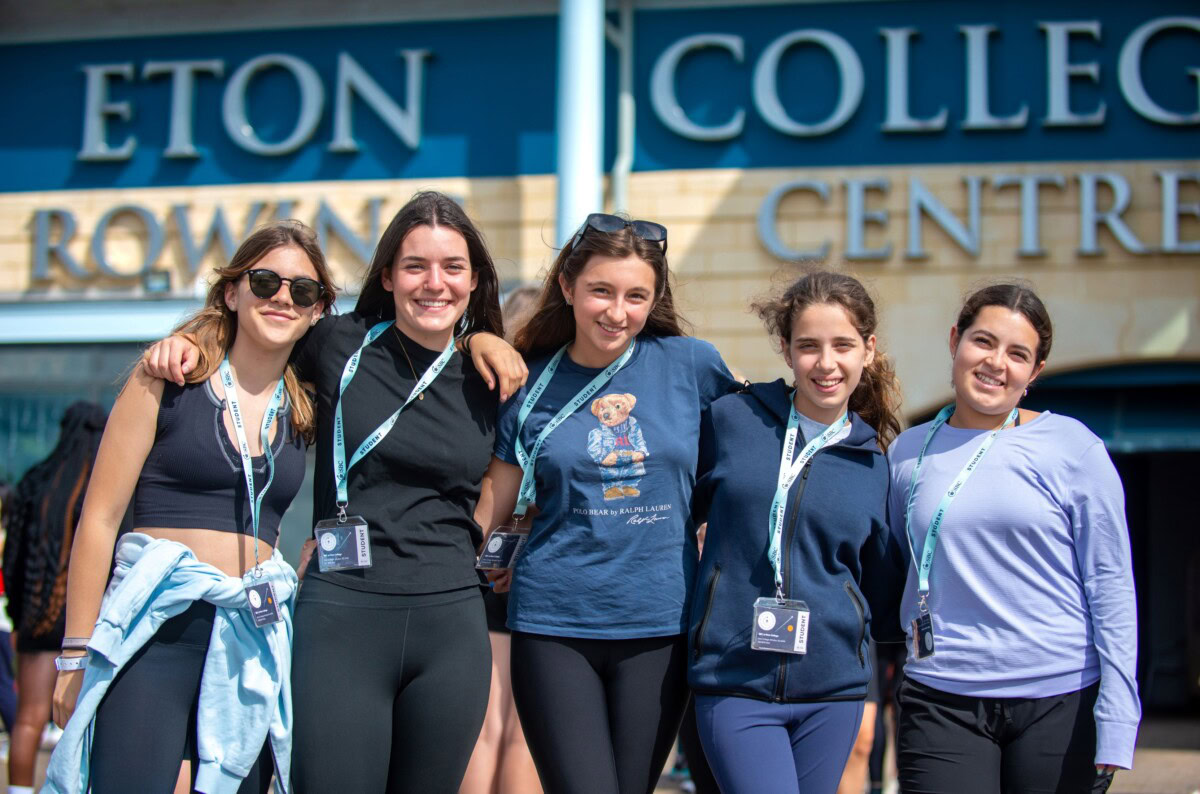When it comes to supporting their child’s learning, many parents naturally focus on helping them thrive at school. But of course, learning doesn’t only happen in the classroom – in fact, some of the most meaningful growth happens through everyday experiences at home and out in the wider world.
Research shows that when parents support learning at home, children do better academically and develop crucial life skills. By nurturing your child’s curiosity, resilience, critical thinking, and love of learning beyond their schoolwork, you set the stage for them to become a confident, well-rounded learner for life.
This guide offers practical advice, grounded in the latest educational research, on enriching your child’s learning outside of school. We’ve structured it by age group so you can find tips tailored to your child’s stage.
Ages 4–7: Sparking Curiosity through Play
Children in the early years are naturally curious and learn best through play and exploration. At this age, make learning playful and part of your daily routine.
Read together
Story time is a bonding experience that builds language skills and imagination. Let your child pick books that interest them, and ask simple questions as you read (“What do you think will happen next?”).
This nurtures reading comprehension and inference skills, and plants the seeds of a love of reading. Researchers at Cambridge University have even found that children who start reading for pleasure early tend to develop stronger cognitive skills later on.
Encourage questions and exploration
Four- to seven-year-olds love to ask “why?” Embrace their questions and explore answers together. If you don’t know an answer, show them how to find out – maybe by looking it up in a children’s encyclopaedia or doing a simple experiment. By valuing their curiosity, you teach them that wondering and discovering are a natural (and fun) part of life.
Learn through play
Young children absorb skills through play and enjoyable day-to-day tasks. Baking, for example, introduces basic maths and science in a fun way. A trip to the park or museum can spark new ideas and vocabulary. These hands-on experiences help children connect concepts to the real world.
Let them try – even if they fail
It’s tempting to do everything for your little one, but giving them safe chances to try tasks on their own builds confidence. Let them attempt a simple puzzle or put on their shoes, and be patient if they struggle. Cheer them on with “Have a go, you can do it!” rather than jumping in straight away. They’ll learn that mistakes are part of learning and that they can solve problems with a bit of effort – an early lesson in resilience.
At this stage, the key is to keep learning light and guided by your child’s interests. Your enthusiasm is contagious – if you show excitement about discovering new things (like spotting a rainbow or trying a fun recipe together), your child will catch that positive attitude. By making learning joyful early on, you’re building a strong foundation for lifelong curiosity.
Ages 8–11: Broadening Skills and Interests
Between ages eight and eleven, children become more independent learners with their own interests. Parents can help broaden their horizons and deepen essential skills during these years.
Fuel their interests
Notice what excites your child. Do they love dinosaurs, computers, music or art? Support those passions with resources beyond school. For example, get a science kit or plan a museum trip for a science-lover, or help a bookworm find a new novel to dive into. Following their interests shows you value their passions and encourages self-directed learning driven by genuine curiosity.
Encourage regular reading
At this age, reading for pleasure can boost learning across all subjects. Let your child choose books they enjoy (novels, comics – it all counts) and set aside a daily reading time. Ask about what they’re reading; chatting about a story or an interesting fact improves comprehension and critical thinking. It also shows your child that you respect their ideas and want to hear what they think.
Praise effort and persistence
As schoolwork and hobbies get more challenging, kids will face the occasional setback. Help them see challenges as chances to grow. If they’re tackling a tricky maths problem or learning a new piano piece, praise their effort: “I’m really impressed with how hard you’re trying.” You might share a story of a time you struggled but improved with practice. By emphasising effort over results, you foster resilience. Your child learns that persistence and practice lead to progress.
Throughout the primary or prep school years, your support and encouragement show your child that learning is a journey – not just about marks or exam results. By nurturing their interests, talking about ideas, and celebrating perseverance, you’re equipping them with skills and attitudes that will benefit them far beyond the classroom.
Ages 12–13: Encouraging Independence and Critical Thinking
The early teens are a time of growing independence. Your child is forming their own opinions and can take more responsibility for their learning – but they still need your guidance. Here’s how you can continue to nurture their growth during ages 12 to 13:
Have grown-up conversations
Involve your 12- or 13-year-old in thoughtful discussions. Gently introduce them to suitable questions in current affairs, ask for their opinion, and listen to their reasoning. Encourage them to consider different perspectives. This builds their critical thinking and confidence – they realise their ideas have value, which motivates them to think deeply.
Help them set goals and manage time
Early teens benefit from learning how to organise their work and downtime. Show your child how to break big tasks (like a project or revision) into smaller steps, and how to create a simple schedule that balances study and free time.
Discuss goals they care about and brainstorm steps to achieve them. This could be anything from achieving a personal best in the 800m to passing their next grade at violin. Help them work out how much time and practice they need to put in to reach these targets.
By planning and managing their time, they build self-discipline and a sense of control. Evaluating their progress and reflecting on what they’ve accomplished also develops self-awareness.
Foster empathy and resilience
Adolescence can be emotionally challenging. Continue encouraging kindness and thoughtfulness – for instance, talk about how others might feel in certain situations, or involve your teen in helping others.
When setbacks happen (a poor exam result or a friendship issue), be a patient listener and help them frame it as a learning experience. Remind them that challenges are normal and temporary. Your steady support will help them bounce back stronger.
By the time your child is 12 or 13, you’ve laid much of the groundwork – now it’s about being a mentor on the sidelines. Trust them with more responsibility and give them space to pursue their own projects, but stay available when they need you. This healthy balance of freedom and support will help them become a self-reliant, thoughtful learner.
Academic Enrichment: The Role of Tutoring
While most learning outside school happens through home activities, sometimes extra support can make a big difference. Tutoring is one way to reinforce and enrich your child’s learning beyond the classroom. A good tutor does more than help with homework – they tailor lessons to your child’s needs, whether it means building fundamental skills or exploring advanced topics.
If you feel your child needs one-on-one help – to catch up in a subject or to be challenged further – a tutor can be very effective. A skilled tutor will pinpoint problem areas and adjust their approach to keep your child engaged and motivated.
Tutors don’t just teach content; they also mentor students in study techniques and academic confidence. With the right tutor, children often discover new enthusiasm for subjects and gain skills that help them in school and beyond.
At Dukes Plus, our tuition experts personally match each student with the tutor who will bring out the best in them. Whether your child needs help facing a new challenge like the 7 Plus or 11 Plus, or would benefit from tuition to build their confidence in the school curriculum, we can help. Book a free tutoring consultation to learn more about our services or explore our tutoring here.

Find a Tutor
Learn more about our first-class tutors – from 7 Plus to A Level, IB, and beyond.
Holiday Learning: Summer Schools
School holidays are great opportunities to broaden your child’s educational horizons. Instead of letting learning stagnate over long breaks, consider summer schools that offer fun, structured learning in a new environment.
These programmes expose children to fresh ideas and challenges, often with hands-on activities that differ from regular lessons. For example, a summer camp might involve exciting science experiments or outdoor adventures – activities that spark curiosity and teamwork.
Holiday learning experiences can ignite new interests or deepen existing passions, all while your child is having fun and making new friends. They also keep young minds active, so children return to school more confident and less likely to lose progress over the break.
Dukes Plus is the UK’s number 1 multi-campus summer school. Our summer schools combine academic enrichment with enjoyable activities for curious young minds. Whether it’s exploring science through creative projects or developing new skills in a stimulating setting, these programmes build critical thinking, confidence and teamwork. They also give children a taste of independence in a supportive environment, boosting their maturity and self-reliance.
You can explore our range of summer schools for ages 8-18 here.

Explore Our Summer Schools
Discover our range of life-changing summer schools for ages 8-18.
Conclusion: Lifelong Learning Begins at Home
Supporting your child’s learning outside the classroom is an investment in their future. By cultivating curiosity, resilience, thoughtfulness and a genuine love of learning in everyday life, you are giving your child tools that will serve them well beyond the school years. Remember that your attitude and involvement make a huge difference – when children see their parents value education, they value it too.
Every family is different, so find what works best for yours. The important thing is to show that learning is not a chore or just about exam results, but a fascinating, ongoing journey. Celebrate their questions and discoveries. Be there to guide them through challenges, whether by exploring together, helping with a tricky problem, or finding extra support when needed.
With your encouragement, your child will learn to embrace challenges and delight in discovery – and that mindset is perhaps the greatest gift you can give them.


